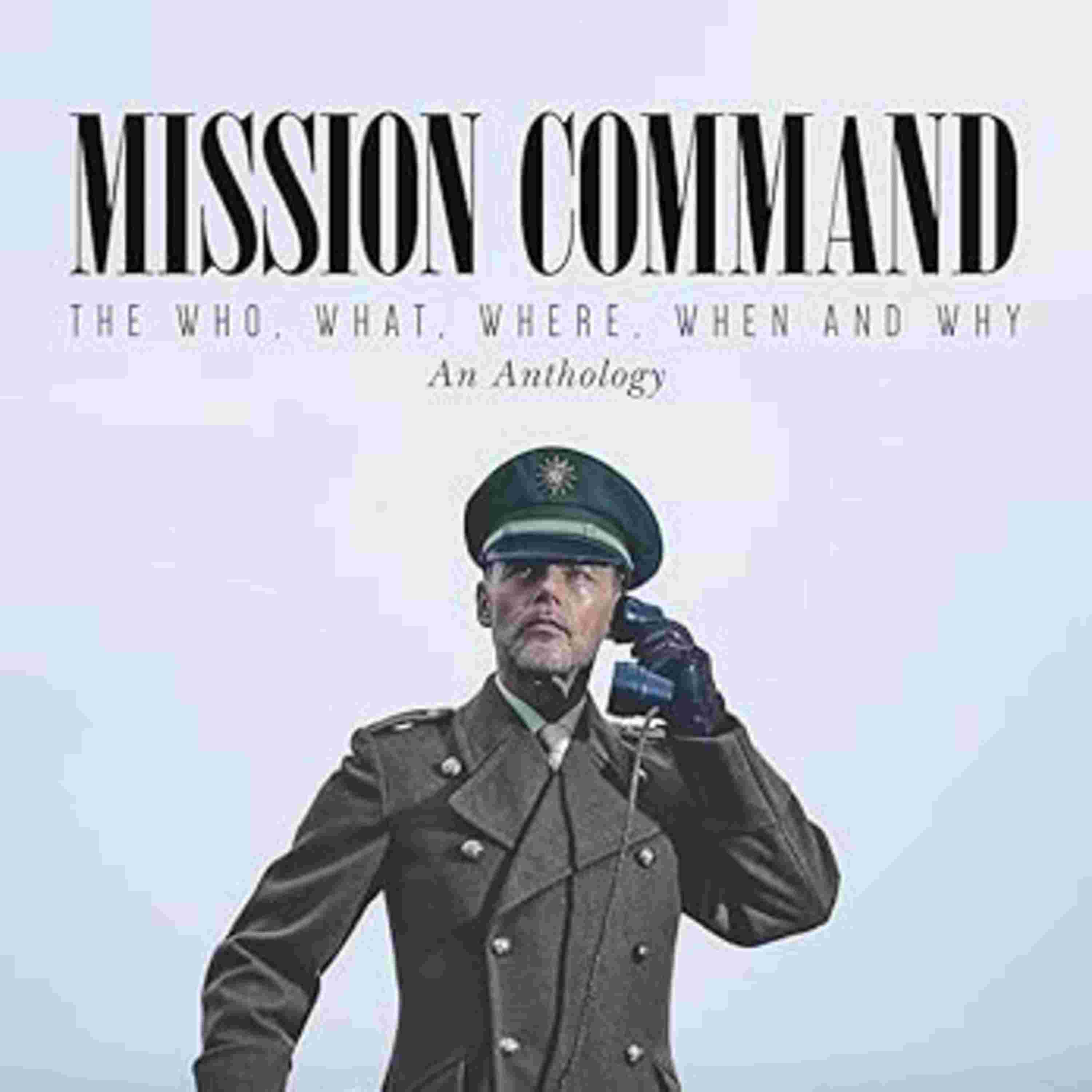

Today’s guest is Major Donald Vandergriff (U.S. Army retired), a distinguished military thinker, educator, and reform advocate with over two decades of service across the U.S. Army, Marine Corps, and National Guard. As Director of Adaptive Leadership Training at Nemertes, and the author of multiple influential works, he brings a blend of operational experience and intellectual rigour.
In this episode, I speak with Don about his edited volume Mission Command: The Who, What, Where, When and Why. What I really enjoyed about Don's book, and why it was a great fit for Hypervelocity, was how his and the other essays in it delved into the philosophical underpinnings of mission command and current U.S military culture. We tackle the key questions: How did the Prussian's defeat at the hands of Napolean lead Helmuth von Moltke to develop the philosophy of Auftragstaktik - or Mission Command? Why is Mission Command a cultural philosophy and not a social technology? How does the influence of Descartes mean that U.S. Army culture is French? Should U.S. Army culture be less Jominian and more Clausewitzian? Can Weber's theorizing on bureaucracy be used to explain current U.S. Army culture?Does the vast amount of data collected by situational awareness technology weaken mission command by encouraging excessive micromanagement of troops?
Chapters
00:00 Introduction to Major Donald Vandergriff
01:53 The Origins of Mission Command
14:38 Moltke's Leadership and the Evolution of Mission Command
23:24 Mission Command as a Cultural Philosophy
29:20 Challenges in Implementing Mission Command
30:19 Empowering Decision-Making in Military Training
31:49 The Influence of French Military Philosophy
39:49 Cultural Shifts: Clausewitz vs. Jomini
43:00 Bureaucracy and Its Impact on Military Culture
46:21 Technology's Double-Edged Sword in Command
51:00 Lessons from Historical Commanders: Rommel's Approach
55:38 Building Trust for Effective Leadership